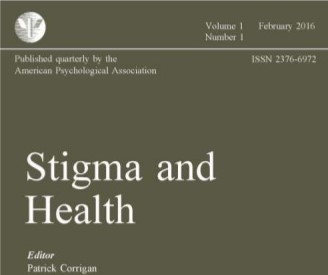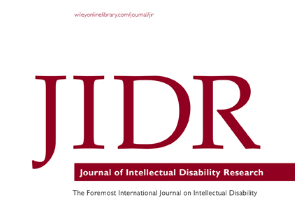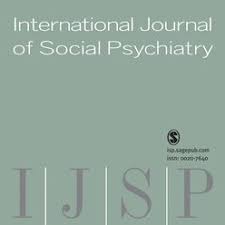
Santos-Olmo, A. B., Sánchez-Iglesias, I., Zamorano, S., Díaz-González, J. M., & Muñoz Lopez, M. (2024)
People experiencing homelessness endure significant structural, social, and personal stigma; suffer numerous negative stereotypes; and face unequal access to health care services and resources, resulting in poorer health outcomes. Despite its significance, no national studies on stigma have been conducted in Spain with a representative sample. This research aims to examine homelessness social stigma in a representative Spanish sample for the first time. The sample (N = 2,746) was used for a cross-sectional quantitative study. Descriptive analyses and hierarchical regressions were performed to examine various dimensions of stigma, including attitudes, attributions, and intention of social distance. No high levels of stigma were obtained in the examined dimensions. Attitudes, attributions, and intentions of social distance themselves serve as the most reliable predictors of stigma across its various dimensions. Other significant predictors of stigma were related to political ideology, age and employment status, knowing someone who is or has been experiencing homelessness, and being willing to discuss homelessness with someone experiencing it. Having personally experienced homelessness is associated with higher stigma. Mixed results were found regarding gender. It is necessary to conduct actions to facilitate real knowledge of the homeless situation and to bring a realistic and humane view of the problem closer to the public.
Keywords.
Santos-Olmo, A. B., Sánchez-Iglesias, I., Zamorano, S., Díaz-González, J. M., & Muñoz Lopez, M. (2024). Social stigma toward people experiencing homelessness: A survey with a representative sample in Spain. Stigma and Health. Advance online publication. https://doi.org/10.1037/sah0000525








